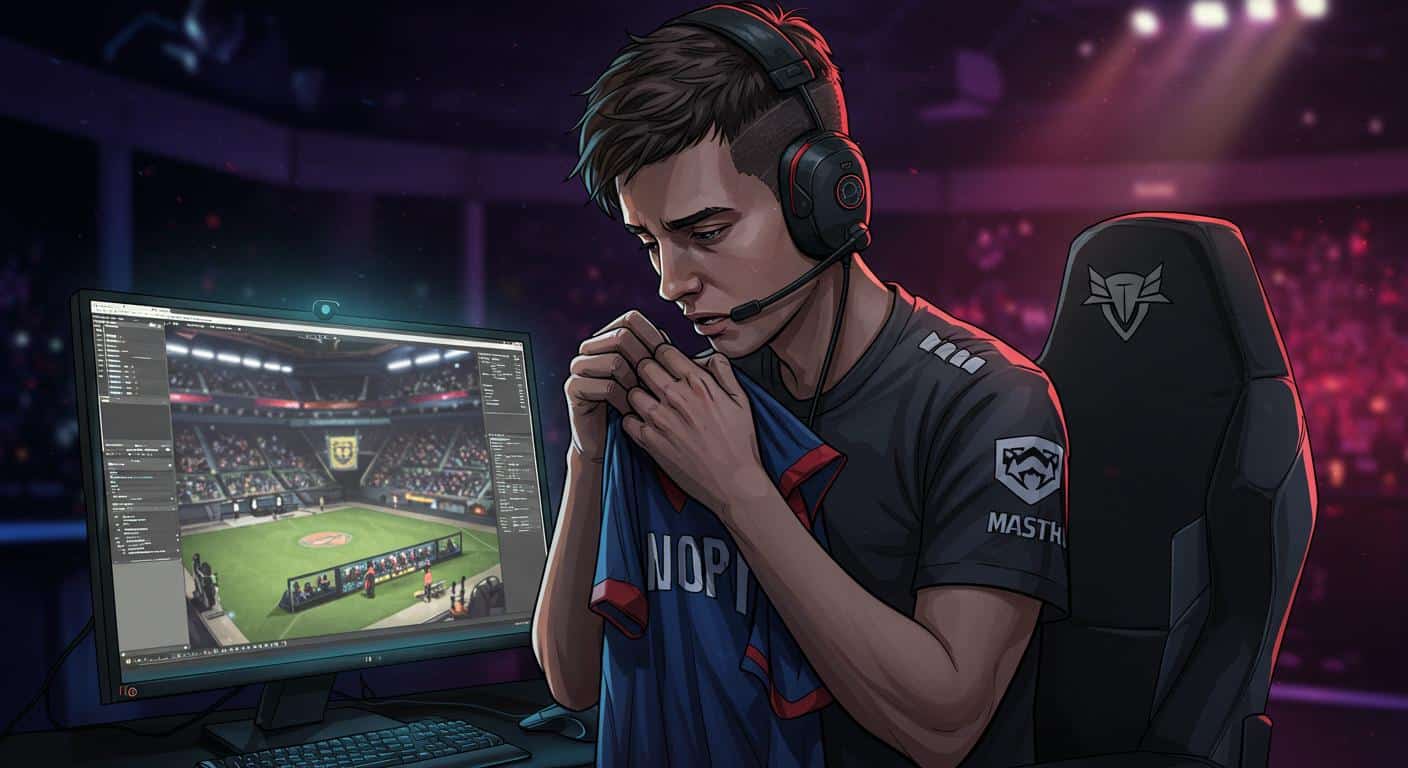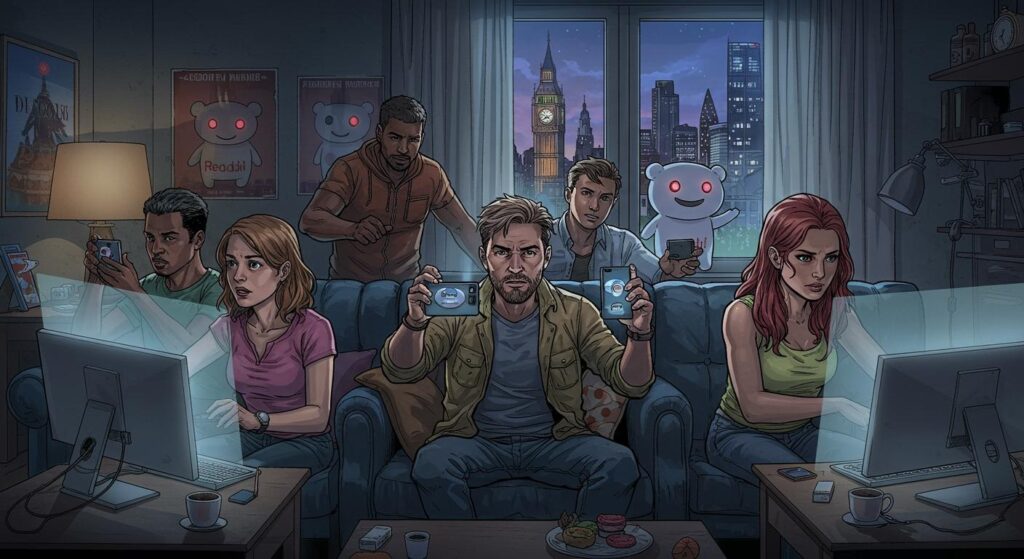There are times when something so tone-deaf, so forehead-slappingly odd slides into the headlines that you wonder if someone, somewhere, didn’t have their internet privileges revoked just a tad too late. Case in point: the aspiring esports competitor who entered the Esports World Cup under the moniker “Hitler”—representing, for good historical measure, a team named “Team Aryan.” Yet this is not, as Insider Gaming reports, an elaborate satire or deepfake gone astray. Sometimes real life just outwits parody.
A Gamertag in Astoundingly Poor Taste
It is, frankly, one of those headlines—“Esports Player Named ‘Hitler’ Apologizes and Changes Tag”—that almost reads like a fever dream plucked from the murkiest corner of someone’s spam folder. Alas, as noted by Insider Gaming, pushback from the esports community was immediate and widespread. Unsurprisingly, showing up to an international competition with the name “Hitler” didn’t go down as some edgy power move but rather as a historical and emotional tripwire. If the distinction of representing “Team Aryan” didn’t signal problems, then one might start to wonder what does.
According to Insider Gaming, the player in question—who has now retired “Hitler” in favor of “Henry”—posted what could be described as a contrite and somewhat reflective apology. In his social media statement, as quoted in the report, Henry (formerly Hitler) acknowledged that there are perhaps certain boundaries even in competitive gaming that shouldn’t be crossed, stating he failed “to fully consider the weight and historical pain associated” with the infamous name. No reasonable observer would argue against the need for this course correction. Still, the question nags: with all the potential gamer tags, why choose that one?
Cultural Missteps or Something Stranger?
Insider Gaming suggests this might have been due to “a cultural difference or a slip of the mind.” There’s a charitable angle in there if one squints hard enough—after all, the online world is home to endless iterations of edgy humor, ironic detachment, and, sometimes, simple cluelessness. Still, there’s a yawning gap between a cheeky username and one invoking 20th-century genocide. Was there truly no one among “Team Aryan,” or the tournament organizers, who paused during registration and thought, “Actually, perhaps this isn’t the image we want to project”?
As described in the Insider Gaming article, blunders like this provide a strange window into how brands—personal or collective—are constructed in esports. Team Aryan, which the outlet notes is angling for a share of a $3 million prize pot in PUBG Mobile during the Esports World Cup, showcased “Henry” in a social media promo that set off the controversy. The rest of the lineup, incidentally, included names like Syrax, Devotee, VishU777, and Aryan, further muddying the waters of intent, accident, and awareness.
The Absurdity and the Aftermath
It’s tempting—in that deadpan, awkward-laughter kind of way—to poke fun at this episode as just another blip of internet absurdity. Yet there’s a serious undertone worth acknowledging. As Insider Gaming notes earlier in their report, esports continues its rapid ascent into mainstream sporting recognition, boasting prize pools in the tens of millions and a truly global audience. In this arena, opting for a historically toxic namesake isn’t just a personal blunder; it signals a larger failure of oversight and cultural sensitivity, both within teams and among organizers.
Team Aryan is just one among 24 clubs vying for big winnings in Riyadh, Insider Gaming details—a sprawling $70 million event that underscores the new stakes and visibility in esports. The need for professional standards and, one might hope, a working knowledge of modern history, seems rather self-evident. Instead, incidents like this prompt a curious question: Does the breakneck pace of digital competition sometimes outstrip our capacity for common sense? Or is there still a tendency to treat the esports world as a consequence-free zone, despite all the evidence to the contrary?
Reflection: Branding, Boundaries, and Better Choices
In the end, “Hitler”’s hasty rebranding to “Henry” may feel inevitable, even overdue. But perhaps moments like this serve a useful (if awkward) purpose, prodding everyone—players, organizers, and fans alike—to confront where lines are drawn and why. Even the wildest corners of competitive gaming still have to reckon with the very real shadows cast by history. Names carry weight; some simply shouldn’t make it onto the leaderboard.
Will esports learn from this particular footnote? Or is this just a preview of the odd, unintended detours still to come as the industry barrels forward? Stranger things have happened—though sometimes, you wish they wouldn’t.







